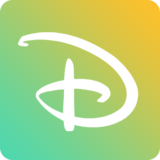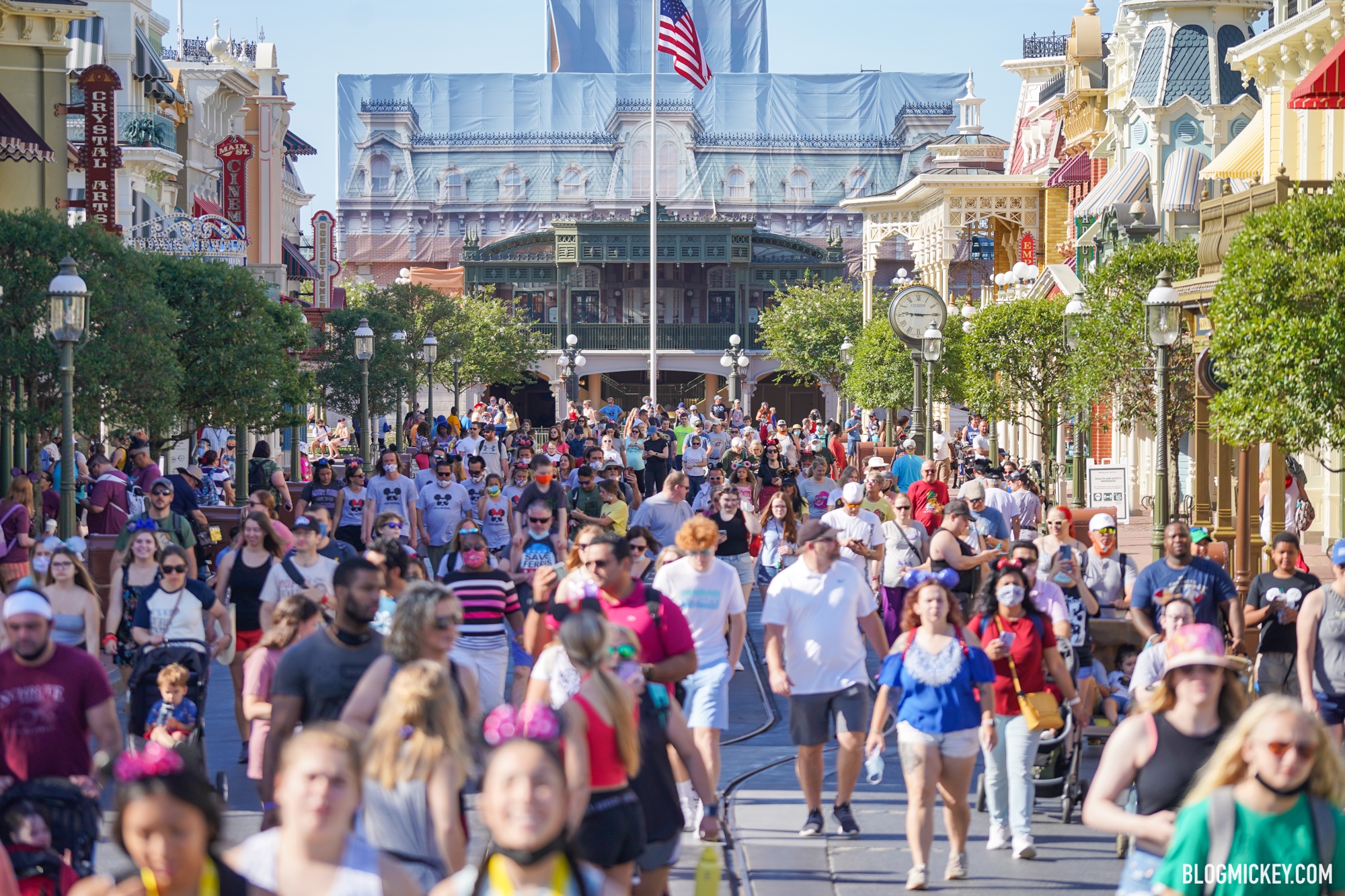Chapek indicates Reservation System is here to stay.
Q: You were able to make improvements that you made with the parks closure that you may not have otherwise been able to make. Can you talk about some of these technological improvements and efficiencies and how you improve the experiences of the parks?
Q: Jumping back to dynamic pricing, I think it’s something you’ve been using for several years, which has helped to manage yield, do you see potential then for better yield management longer term because you can kinda continue to explore that?
 thewaltdisneycompany.com
thewaltdisneycompany.com

 blogmickey.com
blogmickey.com
Q: You were able to make improvements that you made with the parks closure that you may not have otherwise been able to make. Can you talk about some of these technological improvements and efficiencies and how you improve the experiences of the parks?
Chapek: Sure, we took the opportunity to revisit sort of our legacy operations to improve the yield because it is the ultimate end in a capacity constrained environment but also to improve our guest experience will have an opportunity to look at things like pricing and ticketing outside the constraint of an ongoing concern and an ongoing business to be shut down for a year so that really gave us the opportunity to say when we emerge: How do we want to emerge and how does that fit our yielding strategy and our guest experience strategy?
Things like annual pass -- it's probably no better example here than annual pass where it’s a legacy system people will keep signing up for year after year which may not play into our yield management strategy in an ideal way so we had a chance to thoughtfully and thoroughly reconsider that.
Uh.. cost management: We had a chance to really sort of wipe the slate clean and look at how we manage cost throughout our operations. And guest-facing things like mobile food ordering; and our mobile food ordering has skyrocketed: because we advanced the cause while we were out doing everything by app and that obviously has some implications on labor things like contactless checking into a hotel that obviously has guests benefits but also cost benefits for us as well and then things like virtual queues – we played around with virtual queues when we had the unprecedented demand with Star Wars land when we open those up in both coasts but now we've got an opportunity to sort of the explore that as a guest experience lever to make sure that people can you know do things and not spent too much time standing in lines and in queues, so I think this is sort of likely to impact our prospects going further into the future in terms of margins well beyond covid-19, because again, it’s not often you get no 12 months unfortunately where you have to stop the world and stop our business but we certainly took full advantage of that to re-contemplate how we run our business.
Q: Jumping back to dynamic pricing, I think it’s something you’ve been using for several years, which has helped to manage yield, do you see potential then for better yield management longer term because you can kinda continue to explore that?
Chapek: Yeah, it’s more important than ever I think not only from a demand management standpoint but also from a guest experience standpoint our yield has been up double-digits as I think I referenced in the earnings call and there's a lot of shifts between the constituencies of ticket types that we will be proactively managing. Again [there is] tremendous disparity in yield or per-caps per guest depending on what ticket type they come in at and this gives us the opportunity to really look at that
And of course we got a new reservation system at Disneyland not unlike the one that we’ve got at Walt Disney World and Disneyland of course being our most constrained park in terms of demand and being excessive supply and that's going to give us a chance to really strategically manage that attendance verses price balance that we've been working on as you as your reference, so I think it's really going to be almost a paradigm shift.
You know we've had essentially so many legacy systems that we've relied on that has somewhat constrained us from a technology standpoint in terms of fully going into yield management in as sophisticated way as we would like and this pause has given us the ability to do that so we're looking forward to the re-emerging fully once we get full demand and employing a lot of these is utilities.
The Walt Disney Company at the J.P. Morgan Global Technology, Media And Communications Conference - The Walt Disney Company
Bob Chapek, Chief Executive Officer, The Walt Disney Company, will participate in a virtual question-and-answer session at the J.P. Morgan Global Technology, Media and Communications Conference on Monday, May 24, 2021 at approximately 2:00 p.m. PT/ 5:00 p.m. ET.
 thewaltdisneycompany.com
thewaltdisneycompany.com

Disney CEO: Park Pass System, Virtual Queues to Stick Around Post-Pandemic
Walt Disney World news, photos, and reviews! We provide you with daily news from the Walt Disney World theme parks and beyond
